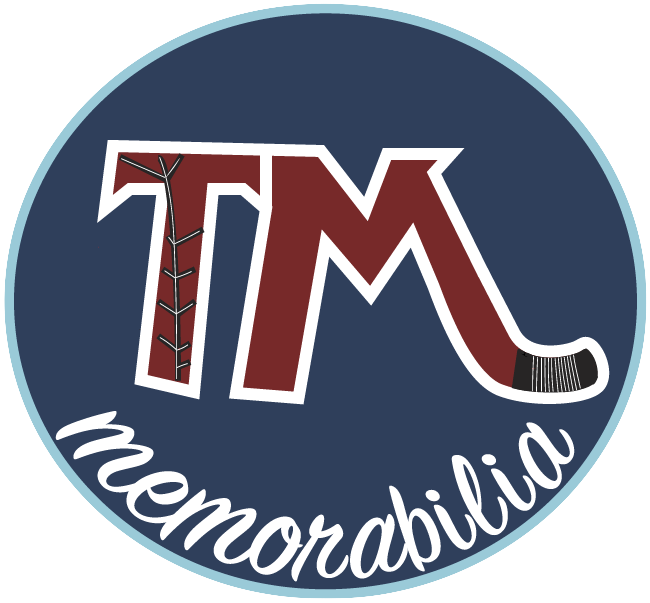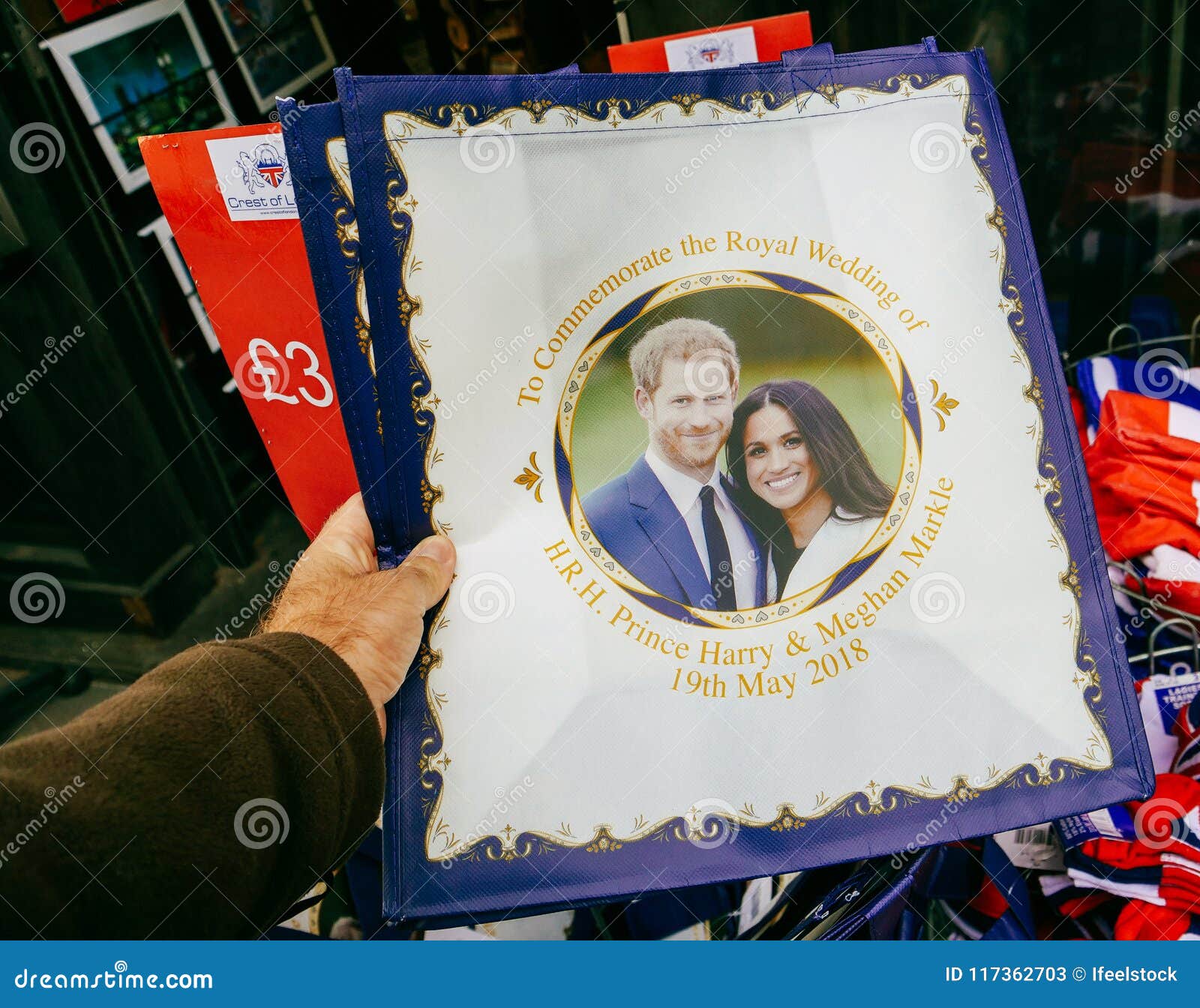How To Successfully Start Selling Memorabilia: A Comprehensive Guide
Have you ever wondered how to turn your collection of memorabilia into a profitable business? Selling memorabilia is not just about monetizing items; it's about connecting with collectors who value nostalgia, history, and uniqueness. Whether you're a seasoned collector or someone looking to clean out their attic, this guide will walk you through the process of selling memorabilia effectively. From understanding the market to maximizing profits, we'll cover everything you need to know.
The world of memorabilia is vast, ranging from sports jerseys and movie props to signed albums and rare stamps. Knowing how to navigate this market can lead to significant financial rewards. This article aims to provide you with the tools, strategies, and insights necessary to succeed in selling memorabilia. Whether you're targeting local buyers or expanding globally, this guide will help you every step of the way.
By the end of this article, you'll have a clear understanding of how to identify valuable items, price them correctly, and find the right platforms to sell your memorabilia. Let's dive in and unlock the potential of your collection!
Read also:Alexs Bar In Long Beach California The Ultimate Spot For Drinks And Vibes
Table of Contents
- Introduction to Memorabilia
- Identifying Valuable Items
- Pricing Strategy for Memorabilia
- Best Platforms for Selling Memorabilia
- Marketing Tactics to Boost Sales
- Legal Considerations When Selling Memorabilia
- Ensuring Authenticity
- Understanding Your Buyer Demographics
- Real-Life Case Studies of Successful Sales
- Conclusion and Next Steps
Introduction to Memorabilia
What is Memorabilia?
Memorabilia refers to items that hold sentimental, historical, or cultural significance. These items often evoke emotions or memories and are highly sought after by collectors. Examples include autographed sports gear, vintage toys, movie props, and music-related artifacts. The value of memorabilia lies not only in its rarity but also in the stories behind each piece.
The demand for memorabilia has grown significantly over the years, driven by the rise of online marketplaces and increased interest in niche collecting. Understanding what constitutes valuable memorabilia is the first step toward a successful selling journey.
Identifying Valuable Items
Key Factors That Determine Value
Not all items are created equal when it comes to memorabilia. To identify valuable items, consider the following factors:
- Rarity: Limited-edition or one-of-a-kind items tend to command higher prices.
- Condition: Items in pristine condition are more desirable and fetch better prices.
- Provenance: The history or origin of an item can significantly enhance its value. For example, a guitar signed by a famous musician is worth more than an unsigned one.
- Popularity: Items associated with popular figures, events, or brands are often more valuable.
Researching similar items on auction sites or collector forums can also provide insights into their market value. Always verify the authenticity of an item before listing it for sale.
Pricing Strategy for Memorabilia
How to Price Your Memorabilia
Pricing your memorabilia correctly is crucial for attracting buyers and ensuring profitability. Here are some tips to help you set competitive prices:
- Compare Listings: Check current listings on platforms like eBay or Etsy to gauge the average price range.
- Consider Rarity: Unique or rare items can be priced higher than common ones.
- Factor in Shipping: Include shipping costs in your pricing to avoid unexpected expenses.
- Offer Discounts: Consider offering discounts for bulk purchases or for items that have been listed for a long time.
Remember, pricing too high can deter buyers, while pricing too low can leave money on the table. Strike a balance by researching thoroughly and understanding your target audience.
Read also:Jack Staddon The Rise Of A Modernday Entrepreneur And Innovator
Best Platforms for Selling Memorabilia
Choosing the Right Platform
There are numerous platforms available for selling memorabilia, each with its own advantages. Here are some of the most popular ones:
- eBay: A well-established auction site with a large global audience.
- Heritage Auctions: Specializes in high-end memorabilia and collectibles.
- Etsy: Ideal for handmade or vintage items, with a strong community of buyers.
- StockX: Focuses on sneakers, streetwear, and other modern collectibles.
When selecting a platform, consider factors such as fees, target audience, and ease of use. It's also beneficial to explore niche platforms specific to your type of memorabilia.
Marketing Tactics to Boost Sales
Effective Marketing Strategies
Marketing your memorabilia effectively can significantly increase your chances of making a sale. Here are some strategies to consider:
- High-Quality Photos: Use clear, professional photos to showcase your items from multiple angles.
- Engaging Descriptions: Write detailed and engaging descriptions that highlight the item's history and significance.
- Social Media Promotion: Leverage platforms like Instagram and Facebook to reach a wider audience.
- SEO Optimization: Use relevant keywords in your listings to improve searchability.
Consistent marketing efforts can help you build a reputation as a reliable seller and attract repeat customers.
Legal Considerations When Selling Memorabilia
Understanding the Legal Aspects
Before diving into the world of selling memorabilia, it's essential to understand the legal aspects involved. This includes:
- Copyright Laws: Ensure you have the right to sell items that may involve copyrighted material.
- Export Regulations: Be aware of any restrictions on exporting certain types of memorabilia.
- Authenticity Claims: Clearly state the authenticity of your items to avoid legal disputes.
Consulting with a legal expert can provide peace of mind and ensure compliance with all applicable laws.
Ensuring Authenticity
Why Authenticity Matters
Authenticity is paramount when selling memorabilia. Buyers want assurance that the items they purchase are genuine. Here's how you can ensure authenticity:
- Certificates of Authenticity: Obtain COAs from reputable sources for high-value items.
- Third-Party Verification: Use trusted third-party services to authenticate your items.
- Transparency: Clearly disclose any potential issues or doubts about an item's authenticity.
Building trust with your buyers is key to long-term success in the memorabilia market.
Understanding Your Buyer Demographics
Who Are Your Buyers?
Understanding your target audience can help tailor your marketing efforts and improve sales. Common demographics for memorabilia buyers include:
- Collectors: Individuals passionate about specific categories, such as sports or music memorabilia.
- Investors: People looking to purchase items as long-term investments.
- Enthusiasts: Fans of particular celebrities, movies, or historical events.
By identifying and understanding your buyer demographics, you can create more targeted and effective marketing campaigns.
Real-Life Case Studies of Successful Sales
Learning from Success Stories
Studying real-life case studies can provide valuable insights into successful selling strategies. For example:
- A rare baseball card was sold for $3.12 million after being authenticated by a reputable service.
- A signed Beatles album cover fetched $150,000 due to its historical significance and provenance.
These examples highlight the importance of authenticity, rarity, and effective marketing in achieving high-value sales.
Conclusion and Next Steps
In conclusion, selling memorabilia can be a lucrative endeavor if approached with the right strategies and knowledge. By identifying valuable items, pricing them correctly, and leveraging the right platforms, you can tap into a thriving market. Remember to prioritize authenticity, legality, and marketing to maximize your success.
We encourage you to take action by evaluating your collection, researching the market, and listing your items on suitable platforms. Don't forget to share your experiences and tips with fellow sellers by leaving a comment below. And if you found this article helpful, consider exploring other resources on our site to further enhance your selling skills.


